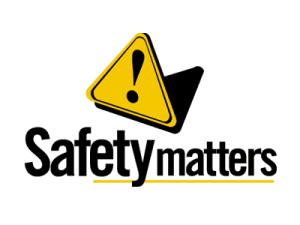Investing in safety best practices is a key responsibility as a property investor. Creating an environment where your tenants feel safe and “at home” is a critical component to renewing leases and sustaining contracts with both new and returning customers.
Some of these investments require proper funding, while others just require a little common sense. For example, at one of our Creative Choice Group properties in Southern Florida, we have a safety guide we expect all our property managers follow. Key items include:
- Timely and proper maintenance of damaged property, including electrical, plumbing or other structural components.
- Continued monitoring of exterior lighting to assure building and parking lots are well lite for tenants.
- Investing in proper fencing around pool areas with scheduled closing times to prevent unwanted visitors.
- Training staff on basic emergency medical techniques including CPR and the Heimlich maneuver.
Encourage tenants to lock all doors and windows. Have maintenance respond immediately to reports of damage to secured access points. - Meet building and safety codes by installing smoke detectors in all units.
- Keep trash dumpsters away from units and schedule removal with city on a regular basis to avoid infestation.
- Maintain grounds to avoid overrun bushes and trees. Fallen branches can be harmful and blocked passage ways can allow intruders to prey on unsuspecting residents.
Of course there is a tremendous amount of new technology that will also help protect your property and your residents. Advanced security cameras with motion detectors and alarms can not only provide added protection but also serve as a deterrent to crime. Home invasions and physical assaults are a real threat. Partnering with local security experts to decide what system is right for your location can provide more than peace of mind. It can help avoid law suits or civil claims.
I would be remiss in not reminding you that safety is not just the job of the owner or property manager. Tenants have responsibility for their personal safety as well. Things like locking doors, checking smoke detector batteries, making sure valuables are not highly visible from windows, avoid parking in the darkest or unlit areas and of course avoid inviting strangers onto the property.
One way to proactively educate tenants is to host regular safety fairs. Taking the time to teach your tenants how to protect themselves and their families, while implementing a culture of safe practices throughout the community, can go a long way. After all, safety is everyone’s business.
